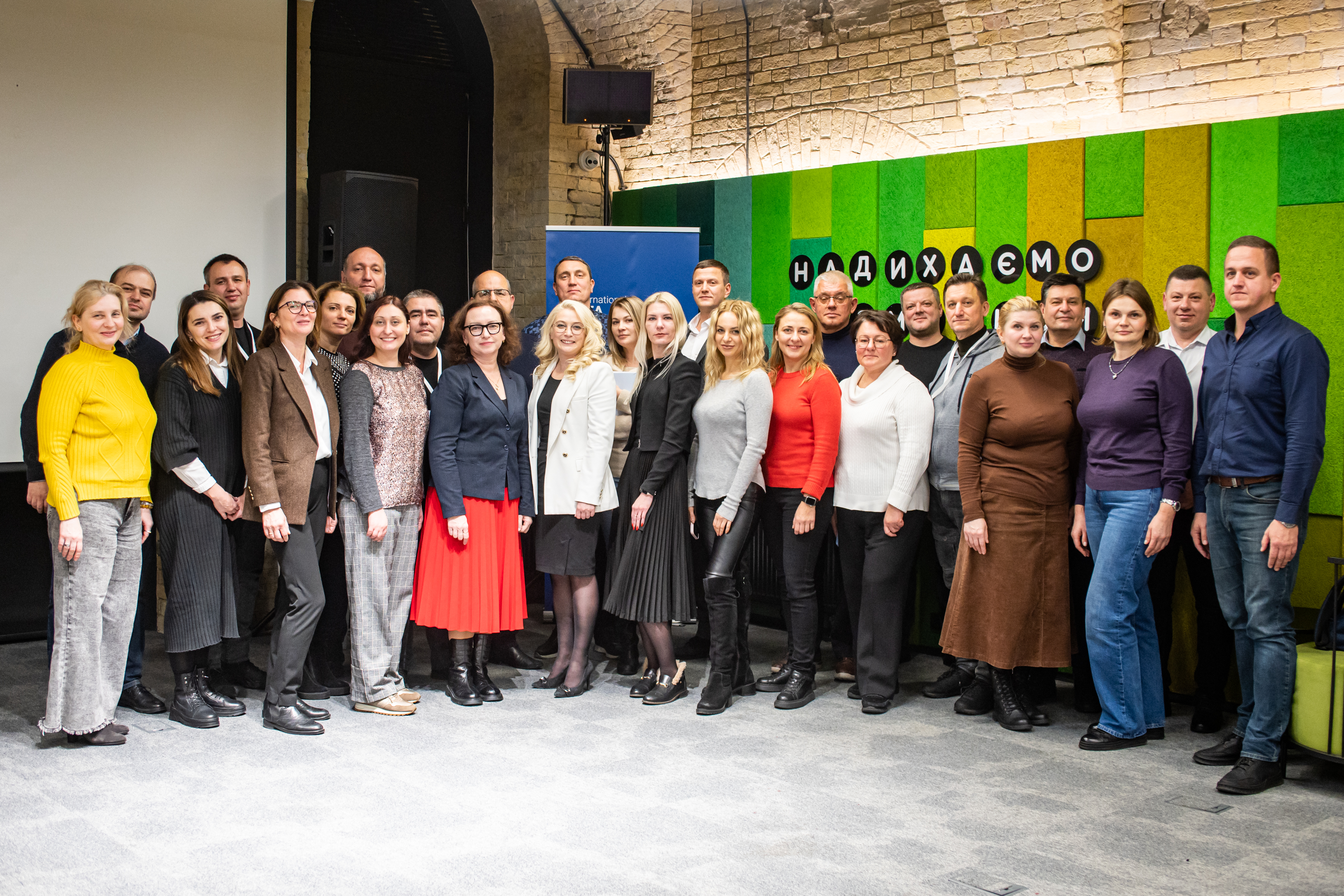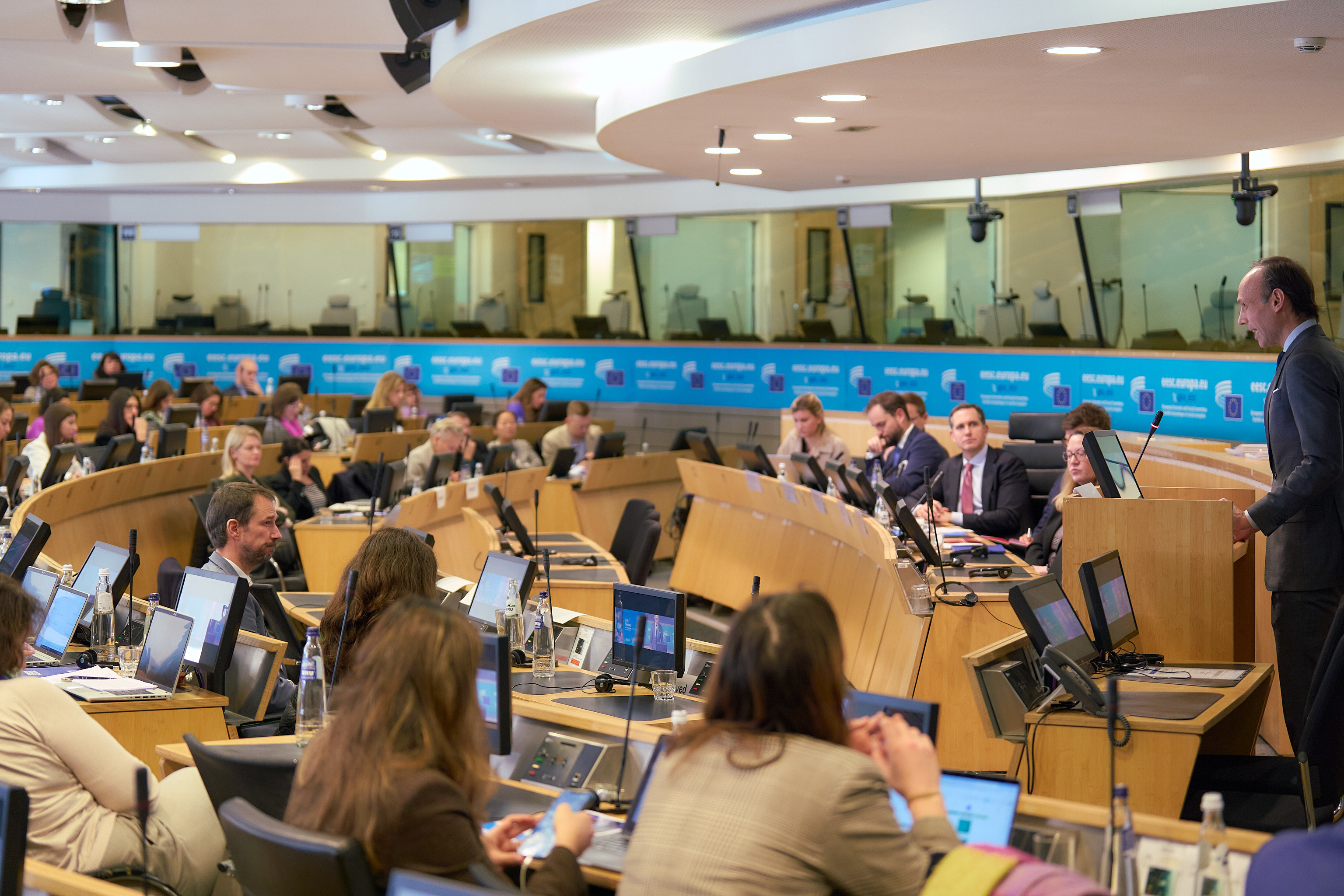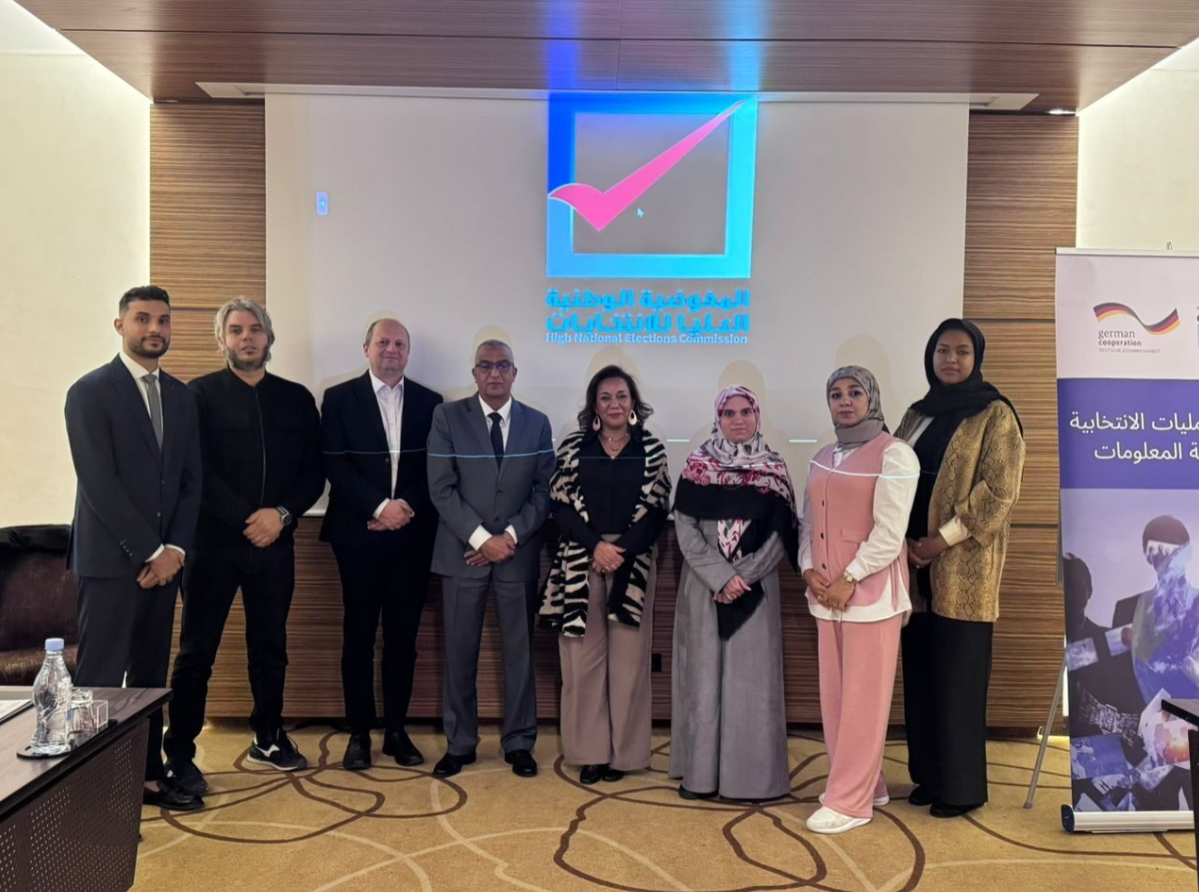Salvadorans concerned about crime, public safety and economic problems
Around 4.6 million Salvadorans are eligible to cast their votes in the presidential elections on 2 February for the 2014-19 term. The latest opinion surveys indicate that the contest will be close and have to be decided in a runoff –scheduled for 9 March– because none of the candidates will reach the 50% plus one of all valid votes needed to win.
The main aspirants to the presidency are the current Vice president Salvador Sánchez Cerén, of the Frente Farabundo Martí para la Liberación Nacional (FMLN), a left-wing party that originated from the guerrilla movement during the armed conflict in the 1980s; San Salvador’s mayor, Norman Quijano, from the Alianza Republicana Nacionalista (ARENA), a right-wing party and winner of the four presidential elections between 1989 and 2004; and former president (2004-2009) Antonio Saca of the Unidad coalition, made up of the traditional Partido de Concertación Nacional (PCN), the Partido Demócrata Cristiano (PDC), and the Gran Alianza por la Unidad Nacional (GANA). (The latter party was formed by ARENA deputies who defected in 2009 months after the party lost the elections). According to different surveys, the parties that most likely will compete in the runoff will be the FMLN and ARENA.
Violations of the Constitution
Some analysts believe that there have been several violations of the Constitution and the electoral law during the election campaign. Despite the political party law which came into effect in early 2013 prohibiting campaign financing by businesses with links to the State or foreign governments, a considerable flow of donations from these sources has occurred, as a study by political scientists of the Universidad de Salamanca1 has shown. Another case in point is the intervention in the campaign of the current President, both in terms of public comments and by massive purchases of television time to urge the public to vote for the incumbent party2, even though the Constitution prohibits public officials from ‘taking advantage of their positions to campaign for the incumbent party’ (Article 218), and the Electoral Code punishes such a practice (Article 226).
Efficient regulations are not in place to control financing of political parties3, and the composition of the Supreme Electoral Tribunal explains to a considerable extent the weak control it has over the parties. Of its five magistrates, three are proposed by each of the three major political parties, and two by the Supreme Court of Justice (CSJ)4.
In addition, the main opposition political party and various civil society organizations have denounced supposed electoral use of institutions in charge of fighting corruption, such as the Public Prosecutor’s Office (the Fiscalía General de la República, or FGR) and the highest-level office in charge of auditing the use of public resources (the Corte de Cuentas de la República, or CCR). Corruption cases have been filed selectively against certain former administrations, but have not been addressed despite clear evidence of irregularities and the misuse of public funds.

Voter turnout for presidential and legislative elections comparing Costa Rica and El Salvador, as both countries are up for elections.
Want to find out more how political financing is regulated worldwide? Visit IDEA’s Political Finance database
External voting
In this election, external voting will be implemented for the first time. Of the 160,000 to 600,000 eligible voters outside of the country, around 10,000 Salvadorans will be able to vote. The lack of information and education about this is one of the main reasons for the low participation. This mechanism was not implemented universally, and is limited to certain countries. Likewise, there have been logistical problems that have made it difficult for Salvadorans abroad to exercise their right to vote.
Some analysts claim that there has been a lack of a civic campaign by the Tribunal Superior Eleitoral (TSE) to promote participation and informed voting. This omission has been compensated for by isolated actions of civil society organizations. However, the TSE made one positive effort that must be acknowledged – its collaboration with the Salvadoran Broadcasting Association (ASDER) to hold a debate among the presidential candidates at the beginning of January 2014, even though the format prevented exchanges or counter-arguments among the candidates or with other actors.
According to various opinion surveys, including Latinobarometer 2013, Salvadorans are primarily concerned about crime and public safety and, secondly, about economic problems. People concerned about lack of security believe that this problem can be dealt with by increased police patrols, tougher laws and employment growth. Those worried about the economy expect more job creation and investment, and want to see more support for people in financial difficulty.
By International IDEA’s Latin American and the Caribbean Programme, with support of Luis Mario Rodríguez and Guillermo Miranda, the Salvadoran Foundation for Economic and Social Development (FUSADES)
1. Ferraro, A. y Rastrollo, J. (2013), ¿Clientelismo político en El Salvador? Estudio de caso de Alba Petróleos y sus empresas relacionadas.
2. Fusades (2014), “El uso indebido de los recursos del Estado en época electoral”, Posición institucional N° 24, Departamento de Estudios Políticos.
3. Fusades (2013), “La legitimidad e integridad del proceso electoral salvadoreño”, Boletín N° 12, Departamento de Estudios Políticos.
4. Ibidem.



